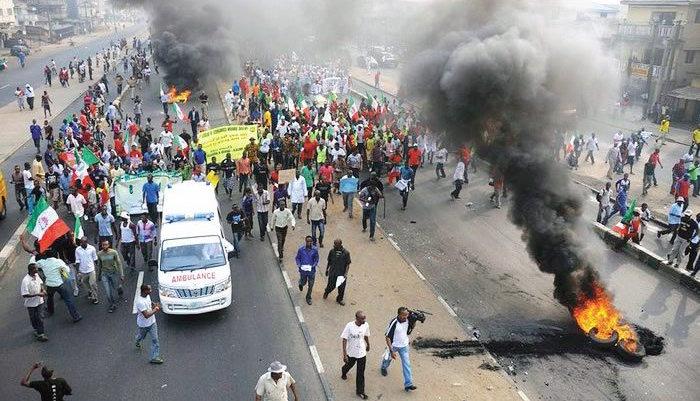Despite the worsening state of insecurity across Nigeria, at least 21 state governments have allocated a combined total of N132.73 billion to security votes in the second quarter of 2025, NEW DAILY PRIME has reported.
This revelation comes amid a renewed spate of killings, kidnappings, and destruction of property in several parts of the country, prompting growing public concern over the effectiveness and transparency of the controversial security vote system.
In the latest of such violent incidents, gunmen on Sunday night killed six persons in Ikn’gwakap, a community in Mushere Chiefdom, Bokkos Local Government Area of Plateau State. Eyewitnesses reported that the attackers stormed the village around midnight, shooting indiscriminately and setting homes ablaze.
The National Publicity Secretary of the Mushere Youth Movement, Kutyil Nahum, confirmed the incident in a statement on Monday.
Earlier this month, at least 63 people, including five soldiers, were killed during a Boko Haram raid on Darajamal, a resettled community in Bama Local Government Area of Borno State. The terrorists reportedly invaded the area on motorcycles, opening fire on residents and torching homes and vehicles. Borno State Governor Babagana Zulum, who visited the scene, described the massacre as “very sad.”
Similarly, in August, no fewer than 32 worshippers were killed during dawn prayers when bandits attacked a mosque in Unguwan Mantau, Malumfashi Local Government Area of Katsina State.
Despite the security situation, analysis of publicly available budget performance reports for Q2 2025 revealed that state governments across the federation continue to spend heavily on security votes.
READ ALSO: Niger gov Bago pledges ongoing support to security agencies
Among the 21 states identified, Borno allocated the highest amount with N32.8 billion, followed by Benue (N15.6bn), Ondo (N11.5bn), Delta (N10.6bn), Adamawa (N8.2bn), Bauchi (N8bn), and Zamfara (N8bn). Other notable figures include Kano (N5bn), Sokoto (N5.5bn), Katsina (N4.4bn), and Kogi (N4.3bn).
States with relatively lower allocations include Lagos (N596m), Taraba (N503.8m), and Kwara (N350m), with Jigawa earmarking the least at N807 million.
The states covered in the analysis include: Zamfara, Kano, Katsina, Imo, Kaduna, Adamawa, Kogi, Bauchi, Borno, Benue, Nasarawa, Sokoto, Lagos, Cross River, Delta, Ondo, Taraba, Jigawa, Kwara, Abia, and Bayelsa.
Security votes are discretionary monthly allocations disbursed to federal and state executives for the purpose of funding security operations, particularly those requiring quick, confidential response.
Officially, they are meant to cover intelligence gathering, crisis management, and emergency responses without being subjected to bureaucratic delays.
However, critics argue that the opaque nature of these funds makes them vulnerable to misuse. The disbursement and utilisation of security votes are not subject to audit or legislative oversight, raising concerns about accountability and effectiveness.
READ ALSO: Zamfara Governor: I’ll end banditry in two months if given security control
Speaking, National Coordinator of the Coalition of Northern Groups, Jamilu Charanchi, questioned the rationale behind the security vote allocations.
“What is a security vote? What are they doing with the security vote? Don’t we still have killings in the North? Don’t we still have bad roads, dilapidated structures and hospitals?” he asked.
Charanchi accused state governments of failing to deliver essential services, including education, healthcare, electricity, and road infrastructure, despite receiving large sums under the guise of security.
He argued that the root cause of insecurity in the North is poverty and alleged that some governors benefit from the ongoing instability.
“Governments cannot provide health care services to their citizens. They cannot provide education. Electricity is questionable. What are they doing with the money? What are they doing with the security vote?” Charanchi queried.



